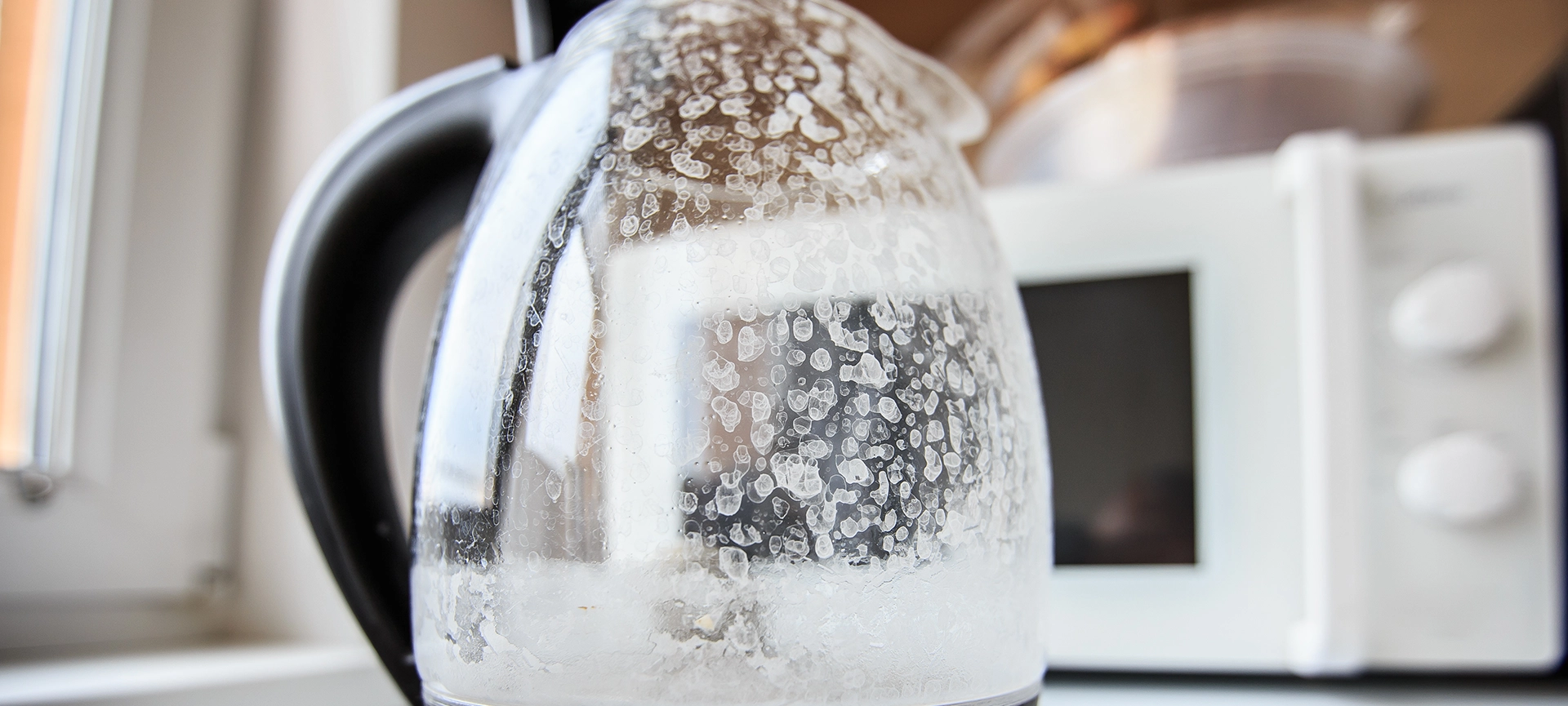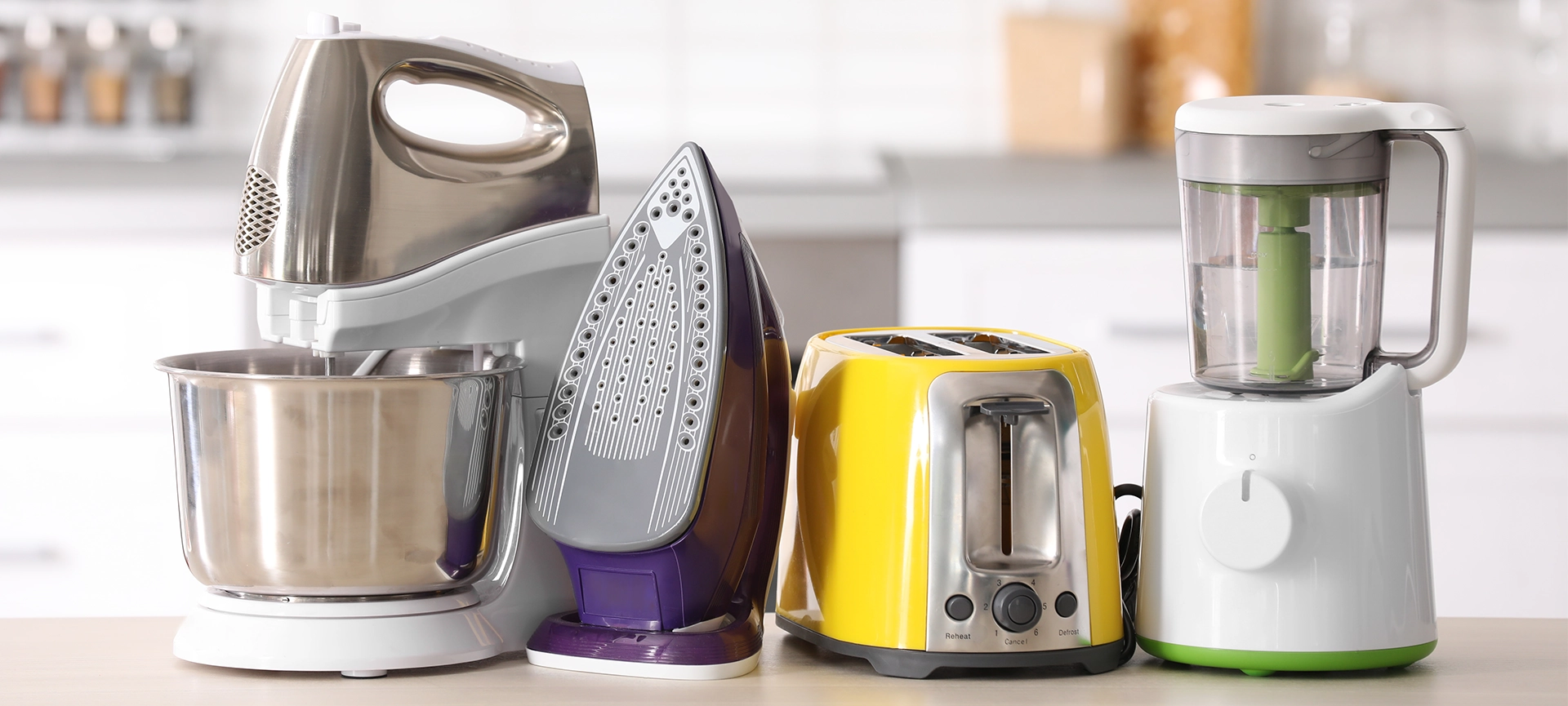A faulty appliance can disrupt your entire routine. Imagine a scenario where the freezer isn’t getting cold or the washer isn’t spinning. The next thing to do is to find a solution. You can either repair or replace the faulty appliance.
Deciding to repair or replace the appliance isn’t a straightforward decision. However, you can make the decision simpler by answering several questions.
For instance, how much does appliance repair cost? A new side-by-side fridge can cost up to $3,000. Conversely, you’ll hardly spend $500 on repairs for a faulty refrigerator.
Thankfully, this guide discusses the essential questions you should ask before repairing or replacing your appliance. We’ll explore considerations like how old your appliance is and how frequently it breaks down.
Here is a comprehensive list of 9 questions to ask before repairing or replacing an appliance
1. How Long Has the Appliance Been in Use?
The older your appliances are, the higher the probability of a sudden breakdown. These breakdowns are unbudgeted repairs and can cause a heavy strain on your wallet. Therefore, you should be looking to replace your appliance entirely if it’s an old model.
Alternatively, newer appliances can still handle a few repairs. With expert appliance repair, you shouldn’t have any problems with the device moving forward.
Check the expected lifespan before deciding between repairing or replacing your appliance. Most home appliances have life expectancies under ten years. However, some appliances can last for as long as 15 years.
- Dryer: 13 years
- Electric cooker: 13 years
- Dishwasher: 9 years
- Exhaust Fan: 10 years
- Gas range: 15 years
- Freezer: 11 years
- Disposal: 12 years
- Range hood: 14 years
- Microwave: 9 years
- Washer: 10 years
- Refrigerator: 13 years
How often you use your appliance will also determine its lifespan. For instance, a family of six will find that their washing machine breaks down more frequently. Meanwhile, a lone user won’t fix or replace their washing machine often because they use it less.
2. Does the Warranty on the Malfunctioning Appliance Still Hold?
The warranty question is important to deciding between repairing or replacing your appliance. Does the appliance have a warranty? How much have you used the warranty? Does it still hold?
Most appliances under the one-year mark still have their warranties intact. And in many cases, the warranty covers labour and replacement parts. Therefore, repairing it will be a good idea as it’d cost you almost nothing.
Depending on the appliance’s age and type of fault, repairing it may still be a good idea even when the warranty is void or expired. It’s not always a good idea to replace an appliance that breaks down for the first time. However, if the appliance has a history of several repairs over the years, you may consider a replacement.
3. How Many Repairs Have You Done On It?
Any appliance with recurring cases of repair may require a replacement. The costs of repair often add up and will eventually exceed replacement costs. If a relative or friend passed the appliance down to you, there might have been repair cases unknown to you. You may need to check the appliance for prior repair signs or contact the previous owner.
4. Is the Repair Cost Cheaper Than the Total Replacement?
It’s better to replace your appliance if the cost implications of repairs and a new one aren’t far apart. Don’t forget to consider the installation costs for a built-in device while juxtaposing both prices. In many cases, installation can add hundreds of dollars to the overall cost of a new device.
The rule of thumb is half the cost of a new device. You should go the replacement route if the repair is more expensive than half the price of a new device. In time, such a device will only rack up repair bills. Therefore, it’s best to buy a new one now rather than later.
5. How is Buying a New Appliance Better?
Changing your old, malfunctioning appliance to another has more advantages than fixing it. These advantages become more apparent when you consider factors like what you want in a new appliance.
For instance, a new high-tech appliance will have features that value your money compared to older models. Also, newer appliances are more sophisticated and make home chores easy, with most being energy-efficient.
You should buy a new appliance if the above paragraph appeals to you. This way, you’ll be getting more value for your money.
Related Article: To Replace or Repair Your Broken Appliance
6. Can You Take Delicate Care of Your Appliances?
One reason your appliance malfunctions frequently may be due to a lack of good maintenance practices. Consider whether you can commit to regular maintenance before asking whether to repair or replace an appliance. Even for old appliances, regular maintenance can reduce the frequency of breakdowns.
Also, your attitude to appliance maintenance affects their effective lifespan. The good news is you can always work on your maintenance attitude towards your appliances.
Start by regularly inspecting them. Regular checks will help you detect unusual sounds or faults quickly. Doing so will help you save money because you’ll catch faults before they get worse.
Another thing to do is regularly clean debris in your appliances. Also, you want to avoid putting excessive load on appliances like washers, dryers and dishwashers.
One way to ensure appliances like the dryer and washer last longer is to clean the vents regularly. Finally, always follow the manufacturer’s manual when cleaning your appliances.
7. How Much Does Colour and Style Uniformity Mean to You?
When deciding on repairing or replacing an appliance, you have to consider your home’s decor. Are you willing to change the decor for your new appliance to fit in? Will your new appliance’s colours match your home’s interior?
Colours and designs in home appliances change with time. Often, you’ll find that replacing appliances one after the other will bring less uniformity to your home’s decor. For instance, if your kitchen has a particular decor, changing a malfunctioning appliance may ruin it.
It’s better to change all appliances simultaneously if you’re looking to maintain uniformity in your home. Consequently, you should repair faulty devices while waiting for the right time to overhaul your entire kitchen.
8. Is It Energy-efficient?
The cost of energy is another good factor to consider when repairing or replacing an appliance. Old and outdated appliances aren’t always energy efficient. As such, they add extra expenses to your utility bills.
Replacing an appliance that’s not energy-efficient with one that is may cost you a bit more upfront. However, it’ll surely save you money over a long period and is safer for the environment.
Pay special attention to the Energy Star ratings while buying a replacement device. An Energy Star tag on an appliance affirms the device is safe for use and is energy-efficient. Devices with the Energy Star rating use about 20% less energy than old and outdated models. In terms of savings, reduced energy consumption equals hundreds of dollars.
9. What Size is Best?
This is another vital question to ask before repairing or replacing an appliance. Size is an important consideration for buying refrigerators, ovens, cookers, and dishwashers. With this in mind, it’s always better to buy a replacement device if the faulty one is too small for your home.
Tips to Make Your Appliances Last Long
Getting your appliance to last long isn’t rocket science. For instance, say you buy your appliance at the same time as a friend. However, you notice your breaks down more often than theirs over time. Usually, how you maintain and use your appliance can cause it to wear out quickly.
While maintenance is essential, not all appliances have the exact maintenance instructions. Here are ways to make your appliance last longer.
Go through the user’s instruction manual
Most homeowners find the user manual boring, but it ensures you get the best from your appliance. The manufacturer’s manual helps ensure users are operating their appliances correctly. Appliance manuals also contain directions on maintaining or troubleshooting your device.
Furthermore, adhering to instructions in the manual reduces the stress of repairing or replacing your appliances. However, in cases where you can no longer find your user manual, don’t panic. You can get a replacement on the manufacturer’s online page.
Regularly clean your filters
One way to avoid being stuck between repairing or replacing an appliance is regular cleaning. For appliances that use filters, check and clean them at least once in six months.
For example, you should clean your washer filter once every six months. You can find the filter behind a board beneath the washing machine.
In the same vein, emptying your dryer at the end of every use is ideal. Not only does it make your dryer last longer, but it also prevents the dryer from overloading.
Create adequate space for proper ventilation
Fridges and freezers require a 2cm leeway behind and above the appliances. With space behind and above the appliance, you’re creating room for proper ventilation. Also, it prevents electrical fires, which can happen due to overheating.
Furthermore, remove all obstructions, lint or dust from behind your freezer or fridge. Doing so will ensure ventilation openings remain open and can generate adequate airflow.
Protect your appliances that use water from microbes
Fridges, washing machines or dishwashers work better when they’re devoid of food residue, lint or limescale. You must keep them clean as microbes can contaminate your food and clothes.
For instance, you can run your washer on about 60 degrees or higher without detergent or laundry. Do this once or twice a month to displace microbes.
Additionally, you can use a washer cleaner to disinfect your washing machine. Rather than use detergent, you can also use lemon juice to make your washer smell fresh.
Get a big cup of lemon juice or purified white vinegar. Pour the full content on the base of your washer. Then, run it on a standard cycle, empty. This method also works to descale boilers and dishwashers.
Related Article: How Much Do Repairs for LG Appliances Cost?
To Sum It Up
Knowing when to replace or repair your appliances becomes simple when you answer some questions about your appliance. For instance, there’s the question of age. Old appliances are notorious for constantly breaking down. Therefore, there’s no need to debate whether to repair or replace the appliance. It’s always a good idea to replace appliances already near their life expectancy.
With the questions we answer in this article, deciding on repairing or replacing your appliance should be easy. Plus, our professionals can come in handy if you do decide on repairs.
Prime Appliance Repairs has a team of experienced technicians ready to repair your device the same day you call us. Get in touch with us today!









